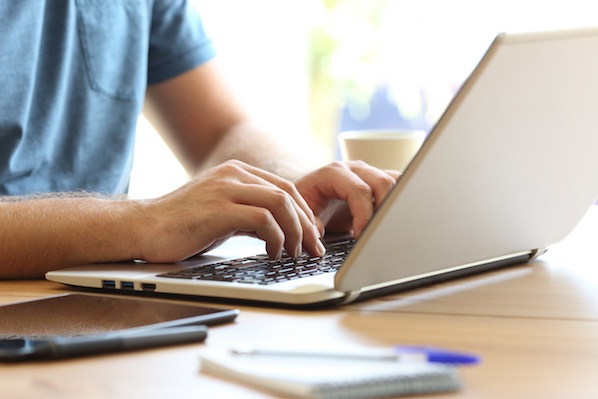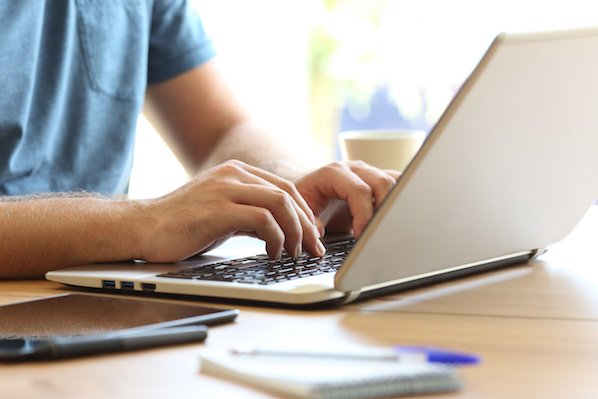13 Non-Technical Ways to Make Your Computer Run Faster Check your hard disk space Categorize desktop icons into folders Save old pictures and videos to the cloud or an external hard drive Close unused tabs Uninstall unused programs Delete temporary files Stop programs from automatically launching when your computer turns on Remove unnecessary language resources Update your computer’s software If your computer is hot to the touch, let it cool down Shut down or restart your computer at least once a week Remove unused dashboard widgets or gadgets Delete browser extensions or plugins you don’t use 1. Check your hard disk space. If your hard disk is almost full, you need to remove some programs and files to improve your computer’s speed. You’ll save a ton of memory on your computer and improve its speed. Unused tabs on internet browsers hog a ton of memory and slow down your computer. Uninstall unused programs. Most computers have pre-installed programs that you’ll never use, but even though you’ve never opened them, they slow down your computer by using up memory, wasting a ton of disk space, and running background processes. Deleting them frees up valuable space on your hard disk and speeds up your computer. To delete temporary files on Windows, you can run a disk cleanup, which you can access by clicking Start > All Programs > Accessories > System Tools > Disk Cleanup. Dashboard Widgets on OS X and Gadgets on Windows devour RAM space because they run background updates, even when you’re not using them.

If your computer is constantly cursed by the spinning wheel of death, or you feel like you’re using a 90’s Netscape browser to surf the web, fear not — it doesn’t necessarily mean you need a new computer.
You can implement some simple fixes to make your computer run faster, and most of them only take a few minutes to complete. Let’s flesh them out below.
13 Non-Technical Ways to Make Your Computer Run Faster
- Check your hard disk space
- Categorize desktop icons into folders
- Save old pictures and videos to the cloud or an external hard drive
- Close unused tabs
- Uninstall unused programs
- Delete temporary files
- Stop programs from automatically launching when your computer turns on
- Remove unnecessary language resources
- Update your computer’s software
- If your computer is hot to the touch, let it cool down
- Shut down or restart your computer at least once a week
- Remove unused dashboard widgets or gadgets
- Delete browser extensions or plugins you don’t use
1. Check your hard disk space.
A common rule of thumb to keep your computer running fast is to have at least 15% of its hard disk space free. If your hard disk is almost full, you need to remove some programs and files to improve your computer’s speed. But if your disk has plenty of room, there could be something wrong with your operating system.
2. Organize desktop icons into folders.
Organizing desktop icons into folders cleans up your background, and it also cuts down your computer’s RAM usage. Your computer has to load each individual icon when you don’t organize your desktop, which takes up a lot of RAM space. If each icon is in a folder, then your computer only needs to load each folder.
3. Save old pictures and videos to the cloud or an external hard drive.
If you have old pictures and videos on your computer that you rarely look at but don’t want to delete, transfer them to the cloud or an external hard drive. You’ll save a ton of memory on your computer and improve its speed.
4. Close unused tabs.
Sometimes, you need to keep a bunch of tabs open to complete an important project — but if you’re done looking at a web page, it’s best to close it. Unused tabs on internet browsers hog a ton of memory and slow down your computer.
5. Uninstall unused programs.
Most computers have pre-installed programs that you’ll never use, but even though you’ve never opened them, they slow…

COMMENTS